There are a ton of things we love! But some of them are pretty problematic…
Modern Family
Modern Family is perhaps one of the best comedies on TV right now. The show has consistently made a point out of presenting relevant social topics in a heartfelt and hilarious way while still conserving the seriousness and importance of the message. I think the show has treated the topic of homosexuality marvelously, but strangely enough, I still can’t say the same about the way the show has treated the female characters. Up until last season, there wasn’t a single working mother or career-oriented woman in the show. Just recently, Claire, got a job at her father’s company, a job everyone thinks she got simply because she’s the boss’ daughter – which is kinda true. Sofia Vergara’s character, Gloria, remains a stay-at-home mom, which is not the issue at all. My problem is that she’s the typical trophy wife that enjoys to be paraded around and admired for her looks, wishes to do nothing with her life other than shop for clothes with her husband’s money, and often crosses the line into offensive Latina stereotypes. It’s true that the most intellectually gifted character in the series is a girl, but Alex’s the least liked character, the one with the least amount of screen time and is often shown as an arrogant, judgmental, neurotic girl full of insecurities. Her sister, on the other hand, is the typical gorgeous but unbelievably dumb girl with little characterization other than being vain and sometimes doing some half-decent thing for another family member. The show does features a whole cast of very flawed individual, but whereas the flaws in most of the male characters are made out to be endearing, like Phil’s obliviousness or Cam’s histrionics, the female characters are hardly ever given the same treatment.
– Lorraine Acevedo Franqui, Staff Writer
Age of Ultron
I’m looking forward to Avengers: Age of Ultron as much as the next sentient being, but my excitement is soured tenfold by the casting of Wanda and Pietro Maximoff (Elizabeth Olsen and Aaron Taylor-Johnson, respectively). Because guess what? Wanda and Pietro Maximoff are not white. They’re Romani, and yet they were cast as two of the arguably whitest beings on the planet, next to Benedict Cumberbatch and a jar of mayonnaise.
People have made the argument that in the comics, the twins are drawn as whitepassing, except there’s the very obvious fact that the twins’ ethnicity is a huge part of their characters, especially considering they’ve faced oppression and prejudice as two people of color. Just because their skin color looks ‘kinda sorta white’ on paper doesn’t mean that Hollywood should get a free-for-all pass to cast white actors for these parts, especially when Romani people are unbelievably underrepresented in the media as it is.
[blocktext align=”right”]Just because their skin color looks ‘kinda sorta white’ on paper doesn’t mean that Hollywood should get a free-for-all pass to cast white actors for these parts, especially when Romani people are unbelievably underrepresented in the media as it is.[/blocktext]Oh, and did I mention that in the comics their father is Magneto? Yeah, their father is Magneto, a.k.a. Max Eisenhardt a.k.a. Erik Lensherr, a Jewish Holocaust survivor. Hell, their mother was a Holocaust survivor. And not only is their cultural identity and ethnicity being erased in the film, but now you’re erasing experiences and relationships that have helped shape these characters into who they are today.
I haven’t even talked about the fact that, according to something Taylor-Johnson said at San Diego Comic Con, Wanda and Pietro ended up volunteering themselves to HYDRA to be experimented on.
I will repeat that, just in case your brain short-circuited with the sheer idiocy. The Romani-Jewish children of Holocaust survivors volunteered themselves to a Nazi organization to become their lab rats, which is how they got their powers.
I’m giving myself a headache just thinking about this. Screw Age of Ultron.
– Gabby Taub, Fantasy Reviewer
Zankyou no Terror
Recently, Zankyou no Terror released their series finale. It’s definitely hard to sell a premise about two domestic terrorists, Nine and Twelve, and their plans. While I enjoyed Shinichiro Watanabe’s series, there was one thing that left me feeling disappointed: the handling of Lisa Mishima. In the beginning, we’re shown that Lisa’s in a depressing situation: dealing with bullies and a mother that definitely has some issues since her father left them. After running away and joining Twelve on a whim, I thought that this would be the start of Lisa’s character development. Unfortunately, Lisa’s light doesn’t really shine after this moment. Twice she gets kidnapped by Five, someone from Twelve and Nine’s past. For the most part, Lisa is used to show Nine and Twelve’s especially humanity. By the end of the series, we see Lisa again, but we still know little about her. Personally, I like Lisa-I just wish Watanabe could’ve expanded more on her character.
– Janelle Smith, TV & Film Writer
Doctor Who
Doctor Who! But Moffat.
– Christina Casano, TV & Film Writer
I became a fan of Doctor Who really quickly after a few Netflix binges, and I remember when meeting other fans, we could talk about how kickass Donna Noble was, that quirky line Nine or Ten delivered perfectly, Eleven’s early affinity for bowties, or John Simm’s perfection at being the Master. Now, though, it’s more of a conversation about how much showrunner Steven Moffat has messed up the Who universe. Whenever I go pick up my comics, the cashier and I talk about how we’re still in this state of disbelief at how much Moffat has steered the Doctor Who ship off course. “But… he wrote ‘Blink,’ how can he write one of the best DW episodes of the new series and be writing… this?” Some of my friends have refused to watch DW until Moffat isn’t associated with it anymore, and sometimes I’m really tempted to join them, especially near the end of Matt Smith’s run. Clara’s more of a plot device than a companion, and even though I really, really like Peter Capaldi so far, there are some parts of Who that seem like they’ll never come back or even become a possibility—the idea of a companion being an ordinary person again with no crazy backstory, or the possibility of the Doctor regenerating into anyone besides a white dude. But I tune in every week, and still rewatch all the episodes that made me love Doctor Who in the first place, and hope that somehow those characteristics will eventually make their way into this season and beyond.
– Allison Racicot, Audiobook Reviewer
In spite of the bad special effects of the first seasons and the inconsistencies in the plot, I really love Doctor Who. But that doesn’t mean I am blind to some of the faults in the show and I hold the show accountable for the way it’s treated some of the female companions and particularly some of the POC characters in the show. The undeserved over-glorification of Rose, the most damsel-in-distress-like of all the new companions up to the episodes I’ve watched — I’m about halfway through series 6 — led to the unfair treatment of Martha Jones, one of the most competent companions the Doctor’s had and one who saved him at her own expense several times. The Doctor sometimes dismissed and overlooked her, and, in spite of her bravery and brilliance, she was reduced most of the time to just a lovesick girl. One thing I love about British TV is that, unlike American TV, having POC characters or characters with different sexual orientations is never an issue or a big deal. Nobody cares because they are people like everyone else, which is why I find it strange that two of the characters to get treated the worse were both POC characters. Martha and Mickey were consistently used and then ignored by the people they loved wholeheartedly and selflessly. Mickey, in particular, was even bullied by the Doctor, but we were supposed to just laugh every time he was referred to as “Mickey the idiot” for no reason, and we were supposed to be okay with the way Rose treated him. I don’t think race has anything to do with it, but it always seemed problematic to me that the two characters to be treated the most unfairly happened to share that many similarities.
– Lorraine Acevedo Franqui, Staff Writer
What do you think we’re missing from this list? Share your own problematic favorites in the comments below.
—
Header image of Steven Moffat at San Diego Comic Con International 2013 by Gage Skidmore.
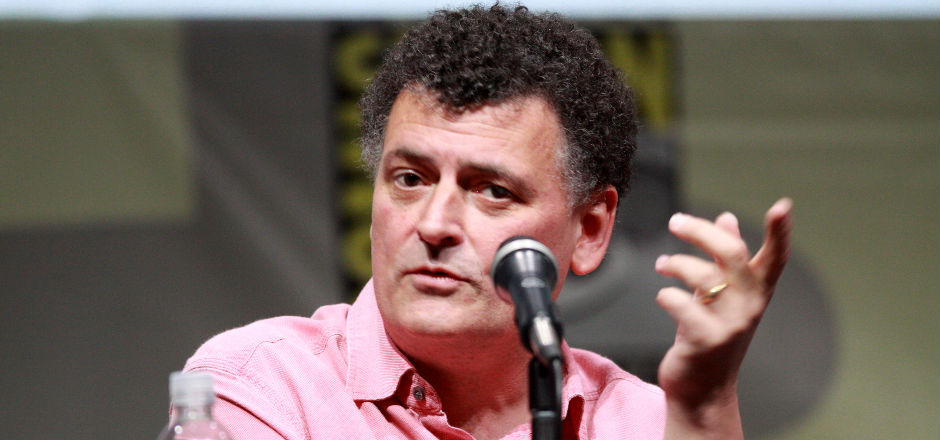

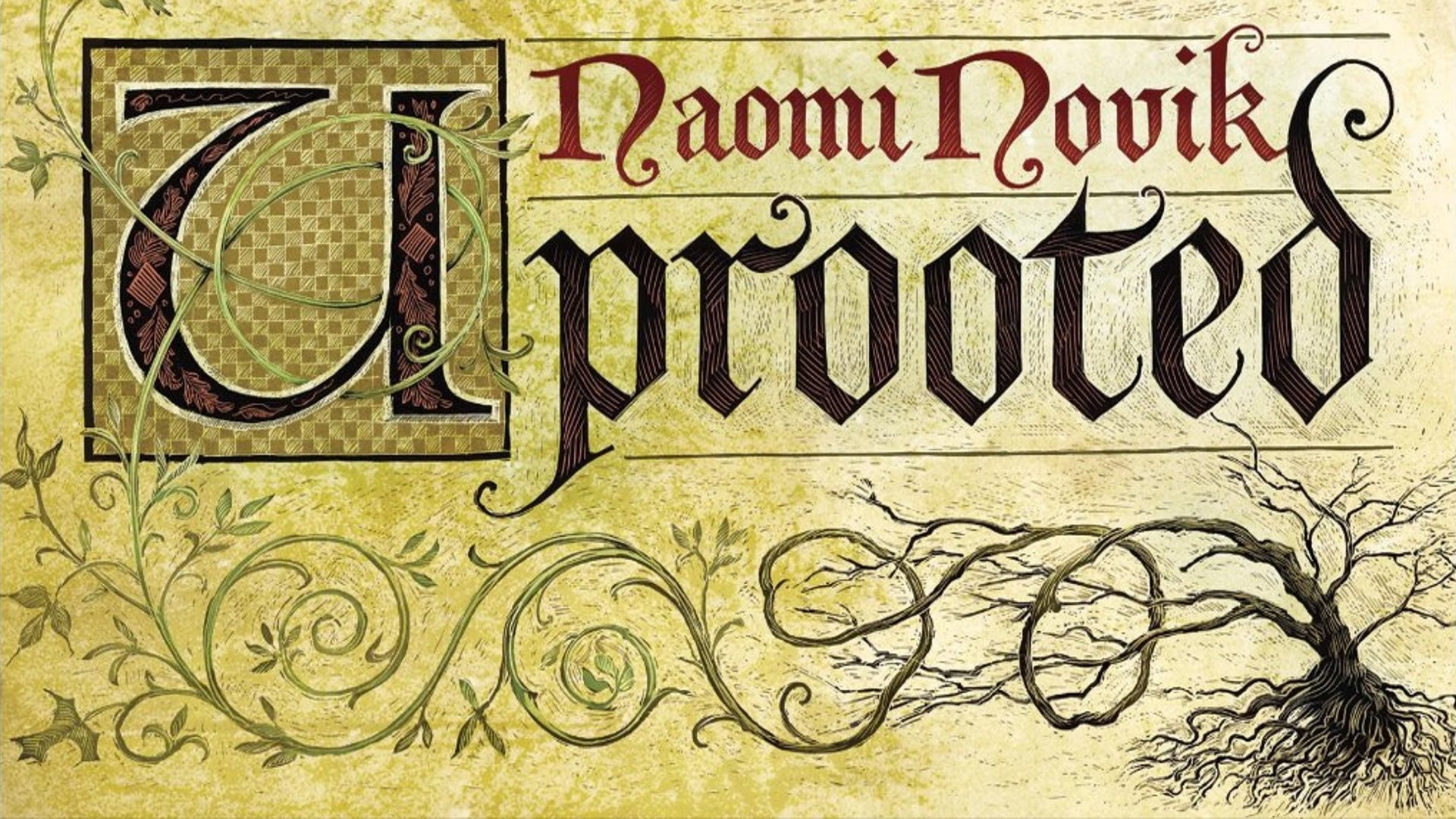
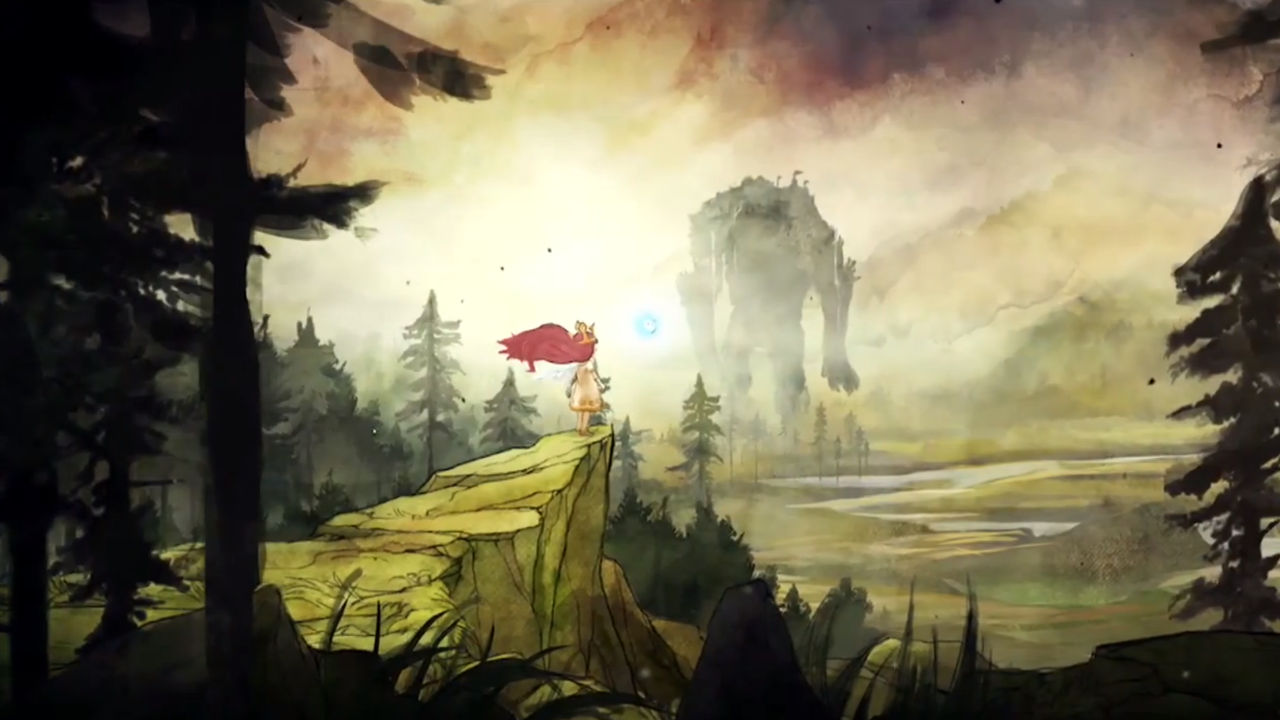
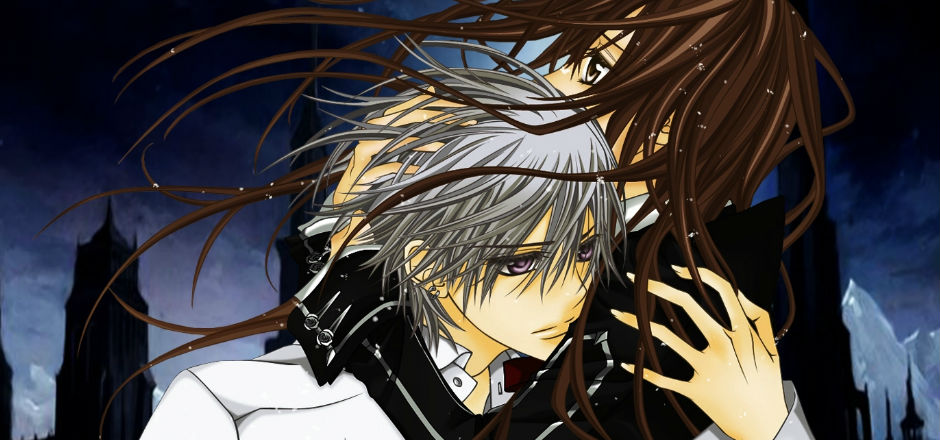
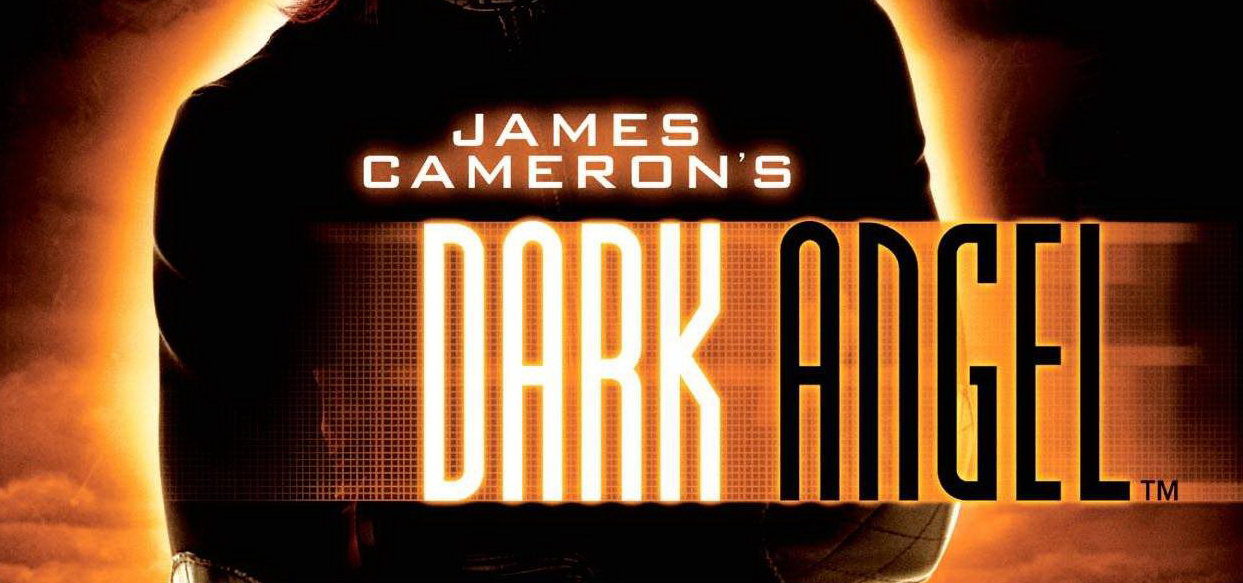
About the Maximoffs, in “X-Men: Days of the Future Past”, Pietro has also been casted as white (Evan Peters) and it’s unclear if he actually is Magneto’s son. Besides, in the case of “Age of Ultron”, it is such a blockbuster movie that I can’t imagine the kind of pressures TPTB are putting on the production team to be as marketable as possible. And that deals with the problem of whitewashing your characters on a more higher up and societal level.
“And that deals with the problem of whitewashing your characters on a more higher up and societal level.” Good point! This isn’t just a problem with one or two casting directors – this is very much a Hollywood-wide and society-wide problem. The most recent example that comes to mind is the casting for Ridley Scott’s “Exodus: Gods and Kings,” which is a complete mess.